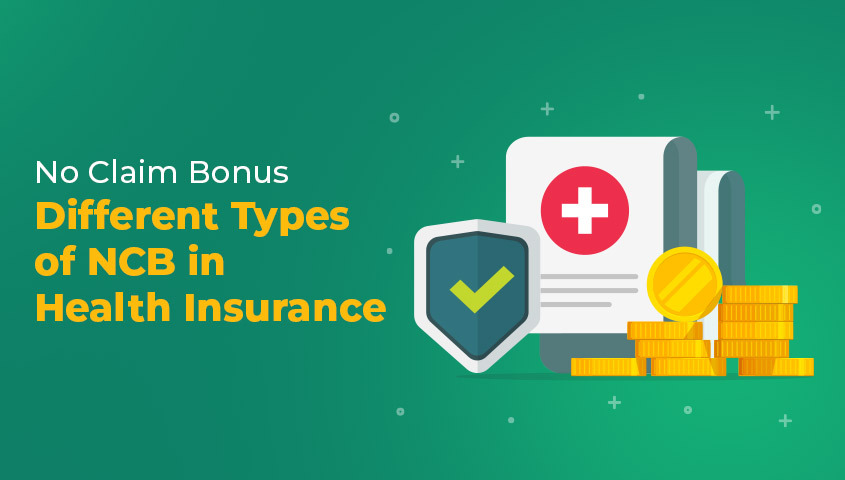
Introduction
Big news for policyholders in India — starting September 22, 2025, health insurance premiums will no longer include Goods and Services Tax (GST). Until now, customers had to pay 18% GST on top of their health insurance premium, making policies significantly more expensive. This reform, announced after the 56th GST Council Meeting, is expected to make health insurance more affordable and accessible, helping India move closer to the vision of “Insurance for All by 2047.”
In this article, we’ll break down what’s changing, who it applies to, and what it means for both customers and insurance companies.
What’s Changing in 2025?
The 18% GST charged on health insurance premiums will be removed. This change applies to the following policy types:
- Individual health insurance plans
- Family floater policies
- Senior citizen health insurance plans
- Critical illness covers
However, the exemption does not apply to:
- Group mediclaim policies
- Personal accident policies
- Travel insurance policies
What Does It Mean for Customers?
For customers, the impact is straightforward — no GST will be added to eligible health insurance premiums. This exemption applies to both new policies and renewals after September 22, 2025.
To put this into perspective, here’s an example:
- Base premium: ₹30,000
- GST @ 18%: ₹5,400
- Total before exemption: ₹35,400
- Total after exemption: ₹30,000
That’s a direct saving of 18%. For families, senior citizens, and individuals with high coverage needs, these savings can be substantial.
Why Does It Matter?
The removal of GST isn’t just about saving money — it has wider social and industry-level impacts.
- More Affordable Policies – With lower upfront costs, health insurance becomes easier to purchase for low- and middle-income families.
- Boost in Insurance Penetration – More Indians will be able to access health insurance, supporting the government’s “Insurance for All by 2047” goal.
- Relief for Senior Citizens – Premiums are often higher for older adults, and the exemption reduces this burden.
- Encouragement for Higher Coverage – Policyholders may now opt for higher sum insured or more comprehensive policies at the same budget.
- Family Adoption – Affordable floater policies mean better protection for entire families.
- Preventive Healthcare – Lower premiums encourage timely health checkups and better medical care.
- Industry Growth – With insurance becoming more affordable, insurers and intermediaries may see higher volumes of sales.
Impact on Insurance Companies
While customers benefit directly, insurers face some challenges:
- Loss of Input Tax Credit (ITC): Insurance companies will no longer be able to claim credit on expenses like agent commissions, marketing, technology, and operations.
- Possible Premium Adjustments: To balance rising costs, insurers may consider adjusting the base premium. However, strong competition in the market could keep hikes minimal.
- Operational Adjustments: Billing systems, pricing models, and customer communication will need updates. Insurance companies will also need to train employees and agents to handle the new system.
Final Thoughts
The GST exemption on health insurance premiums is a landmark reform that directly reduces costs for millions of policyholders. By making policies more affordable, it encourages wider adoption and supports the government’s long-term vision of universal insurance coverage.
While insurers will need to adapt to the operational and financial challenges, the reform ultimately strengthens the health insurance ecosystem in India. For customers, the takeaway is simple: from September 22, 2025, you pay only the base premium — no extra GST.
































